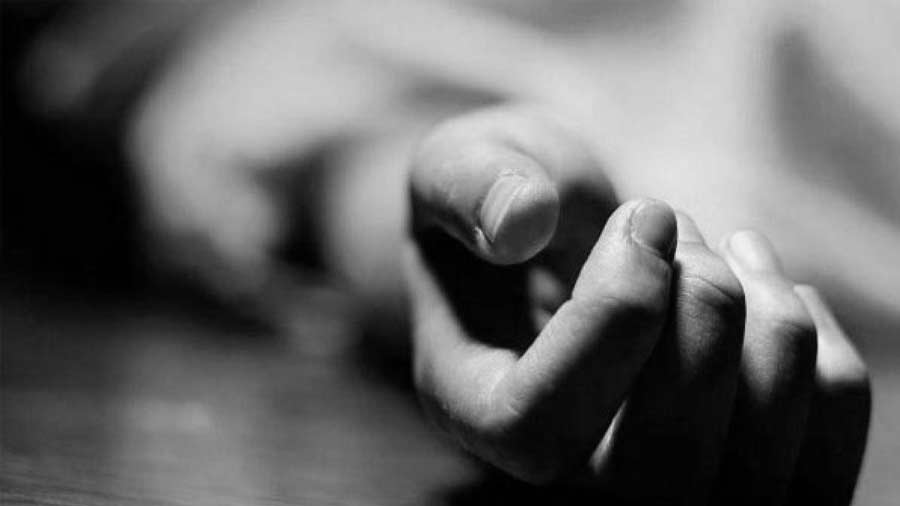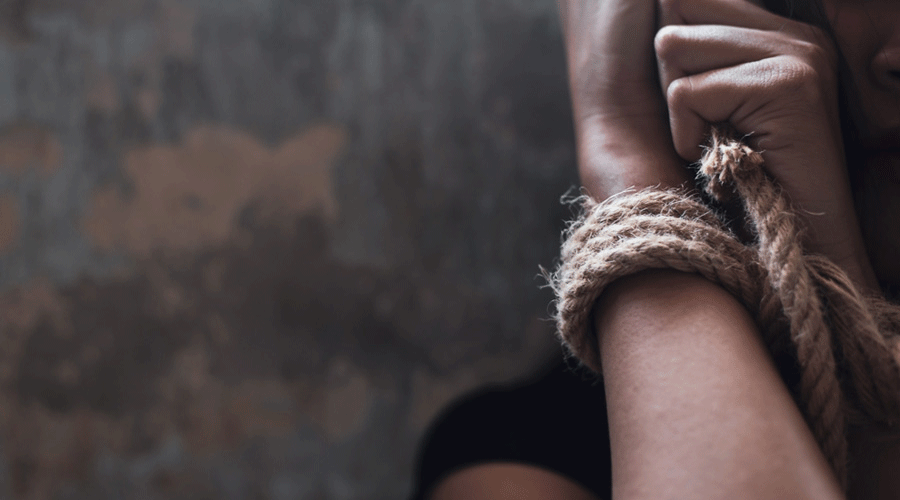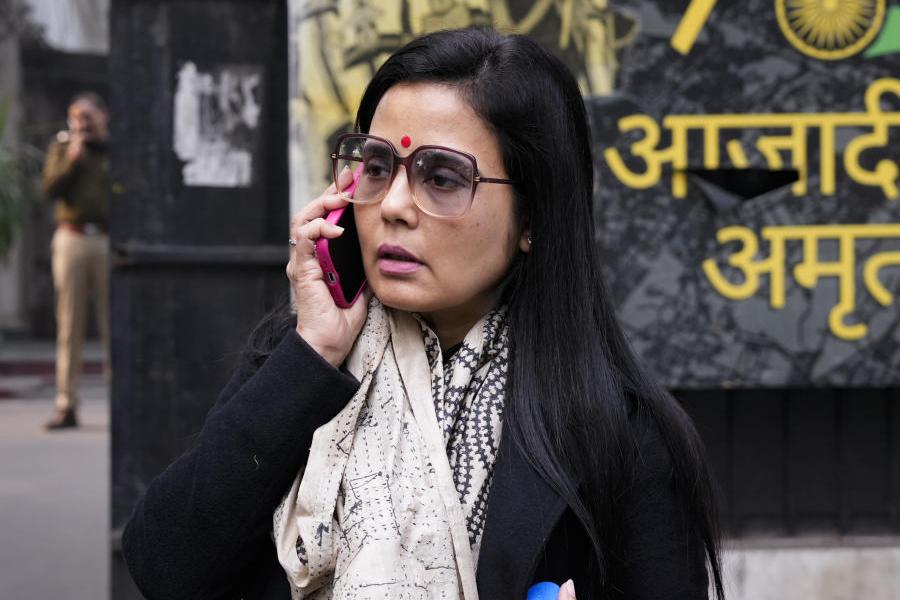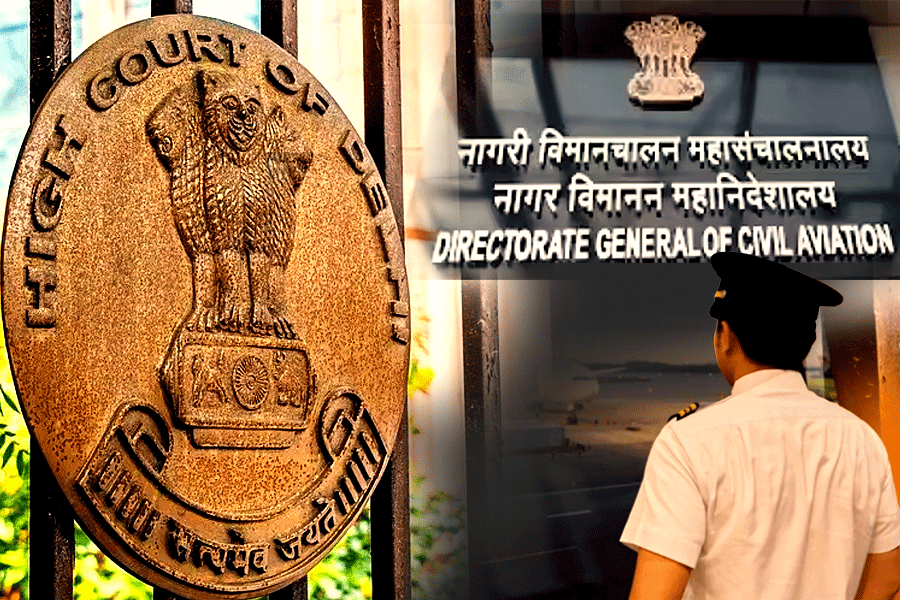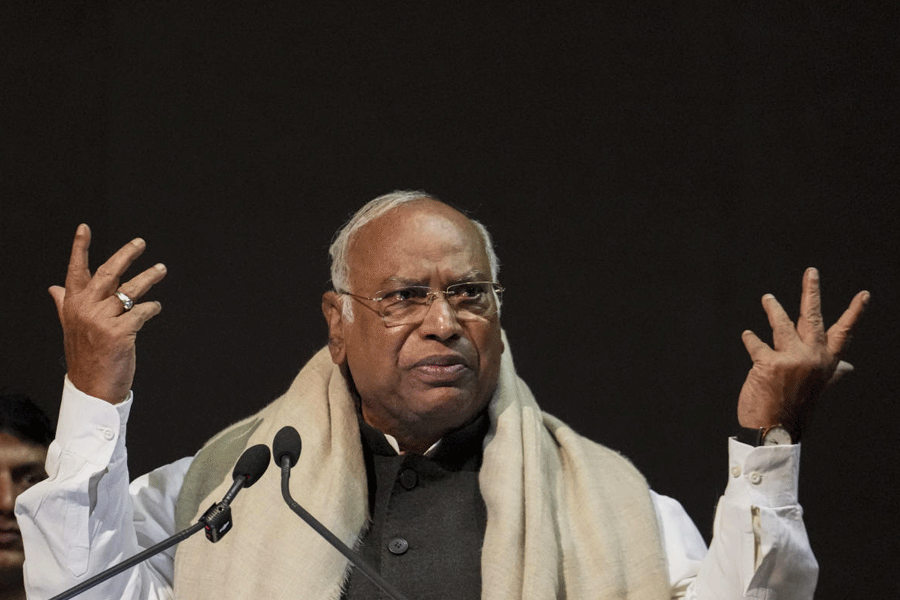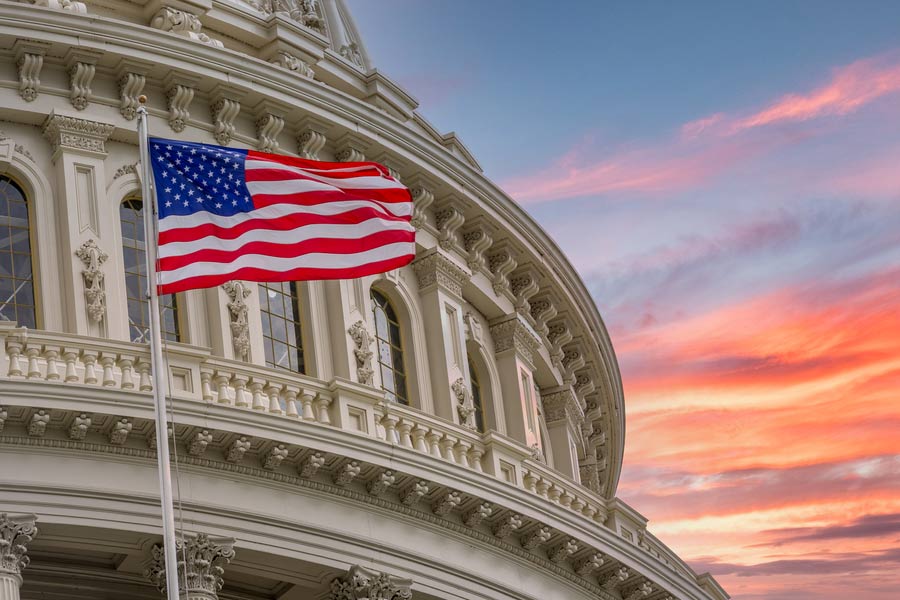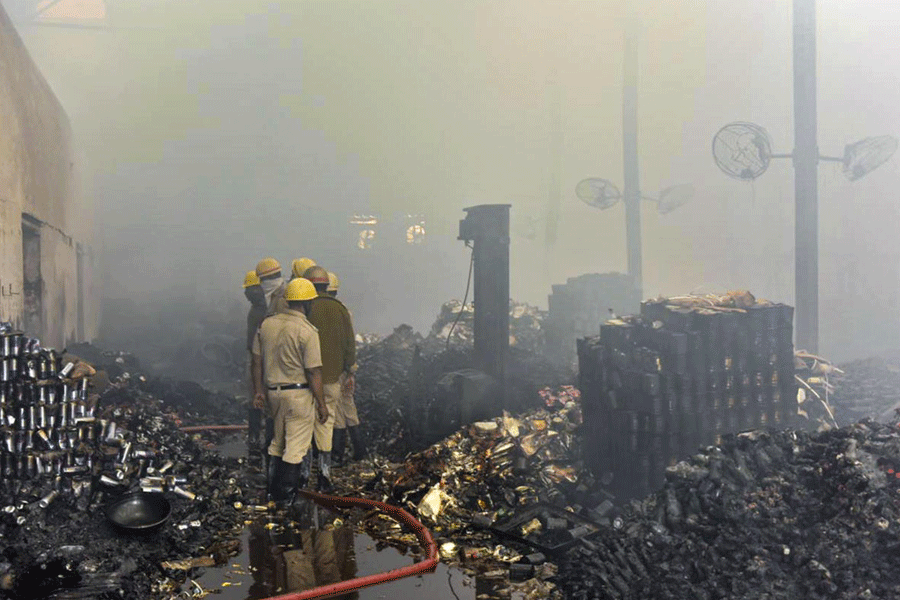Altaf Ahmad Shah, imprisoned separatist leader and son-in-law of the late Hurriyat hardliner Syed Ali Shah Geelani, died of cancer in a Delhi hospital on Monday night. Authorities had rebuffed his daughter’s campaign to have him freed on health grounds.
Daughter Ruwa Shah, a freelance journalist, has accused the authorities of underplaying Shah’s ill-health and delaying his treatment.
Shah, 66, is the fourth separatist to die of illness in custody or house arrest following the 2019 scrapping of Jammu and Kashmir’s special status, the trend reflecting the government’s unwillingness to show any leniency to imprisoned separatist leaders.
Geelani died last year at his Srinagar home where he was under house arrest for about a decade. Ghulam Mohammad Bhat, 65, died in an Uttar Pradesh prison in 2019 and Mohammad Ashraf Sehrai, 77, in a Jammu jail last year.
Ruwa had made frantic appeals for Shah’s treatment and release after he was diagnosed with cancer last month, writing to Prime Minister Narendra Modi and home minister Amit Shah.
“Abu breathed his last at AIIMS, New Delhi. As a prisoner,” she tweeted shortly after Shah died at AIIMS at 10.30pm on Monday.
At 12.50pm on Tuesday, Ruwa tweeted about a delay in handover of the body, which she wanted to take back to Srinagar.
“We have been waiting calmly at AIIMS mortuary. Nobody from the police or magistrate (Sana Khan — who was asked to be here for the body to be released) is here yet. The delay will worsen the situation. Have to be at airport 3 hrs prior to last flight at 18.30,” she tweeted.
After Geelani’s death, police allegedly snatched his body from the family, amid a scuffle with female members of the household, and buried him hastily to pre-empt protests during the funeral.
Shah was among the first batch of senior separatists to be arrested in 2017 on terror-funding charges. He was lodged in Tihar jail.
On September 21, Ruwa tweeted that her father was “suffering from pneumonia, chronic kidney disease and uncontrollable diabetes”.
In a letter to Modi on September 22, which she posted on her Twitter account, she requested him to intervene and “make the requisite medical help reach him before it is too late.”
On September 30, she said her father had been diagnosed with acute renal cancer which “has spread to his other body parts, including his bones”.
“It is my whole family’s request to please allow us to see him and consider his bail application on health grounds,” she wrote.
Ruwa later revealed that her father was initially hospitalised in jail and alleged his CT scan was delayed for a month.
Shah was apparently shifted to the Ram Manohar Lohia Hospital on September 30. The following day, Ruwa wrote to Amit Shah requesting her father be shifted to a private hospital.
On a plea from the family, Delhi High Court on October 3 ordered Shah shifted to AIIMS. This was reportedly done only on October 5 night.
Shah’s family has borne the brunt of the anti-separatist crackdown. Ruwa, a freelancer, faces curbs on overseas travel. The government sacked Shah’s son Anees-ul-Islam, a middle-rung official, last year as part of a crackdown on employees deemed “prejudicial to the security of the state”.
Ruwa had earlier accused Tihar authorities of failing to mention all of Shah’s ailments, writing only that he had “diabetes and hypertension.”
Pakistan Prime Minister Shehbaz Sharif tweeted that he was “deeply grieved” at Shah’s death in “Indian captivity”.
“Modi regime denied him treatment despite knowing he was a cancer patient. Custodial killings are the norm in Modi’s India,” he wrote.

